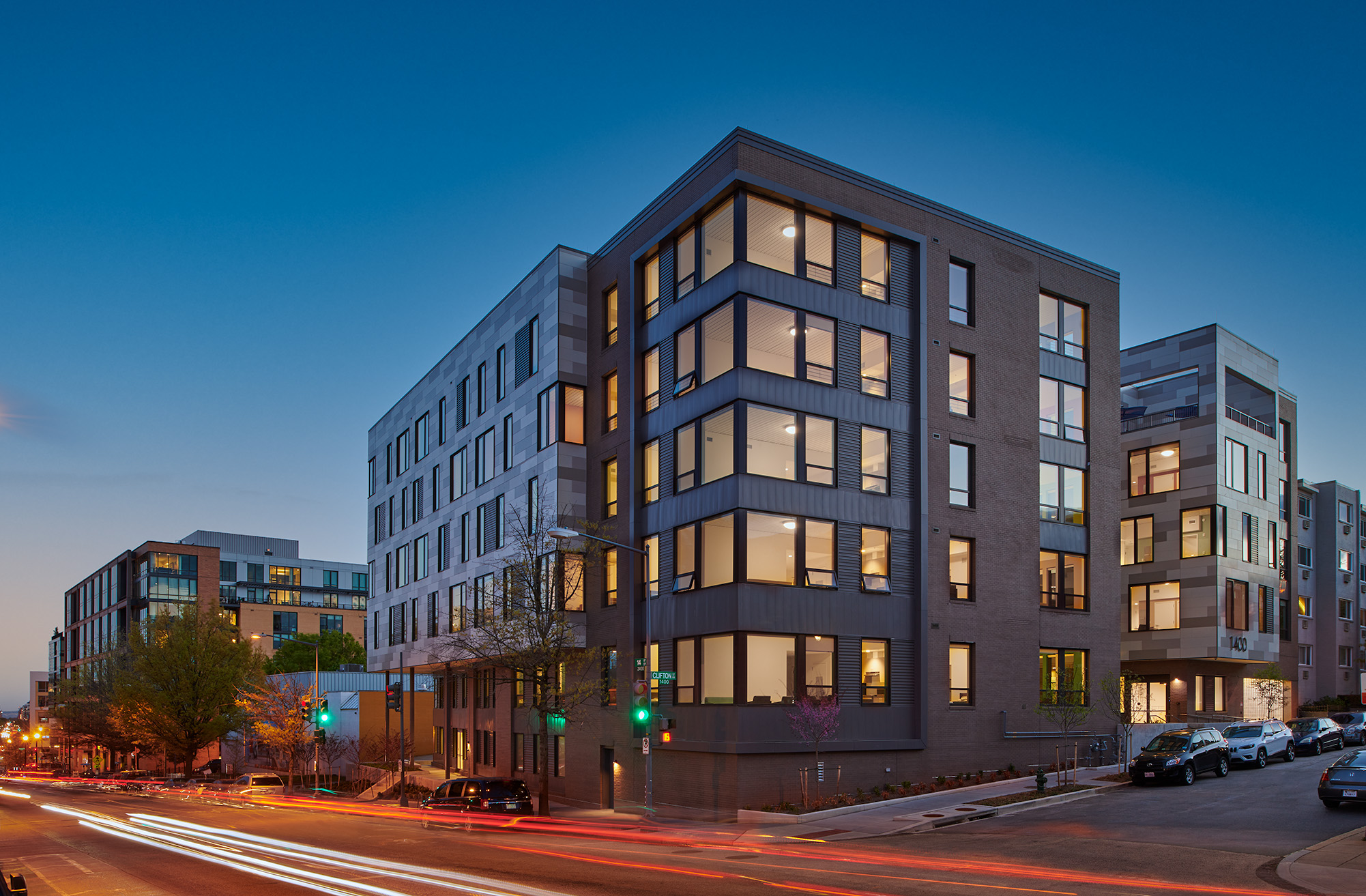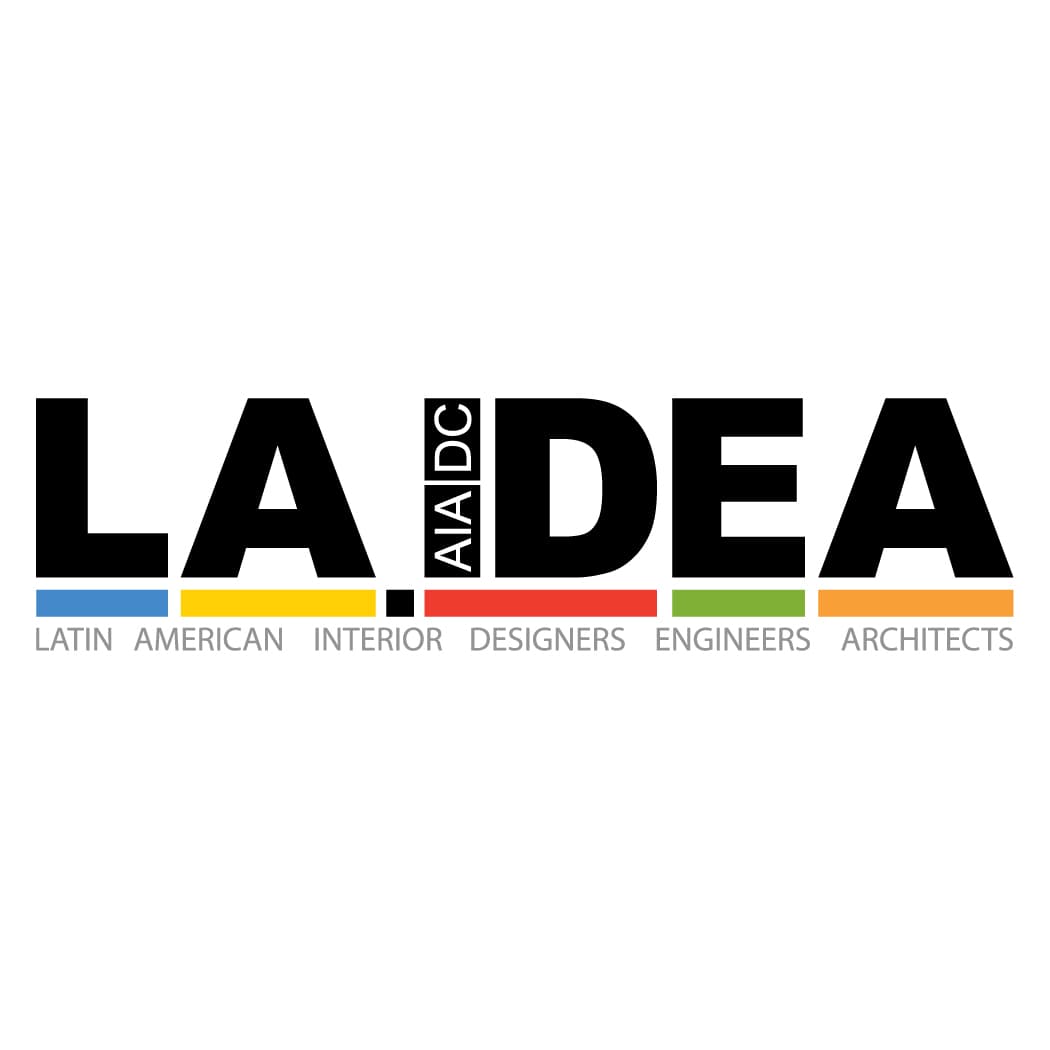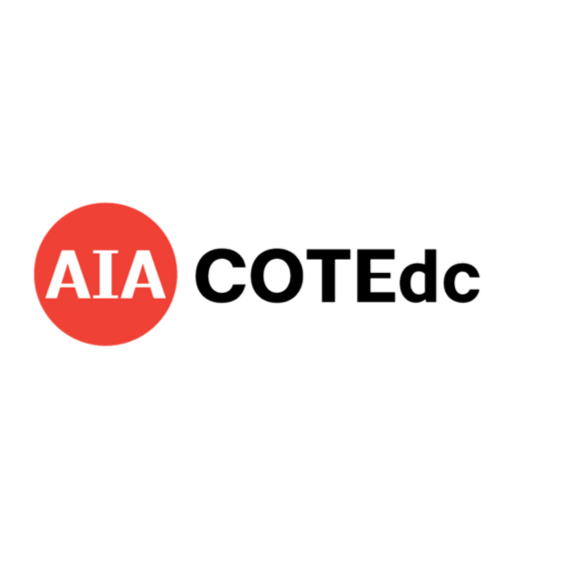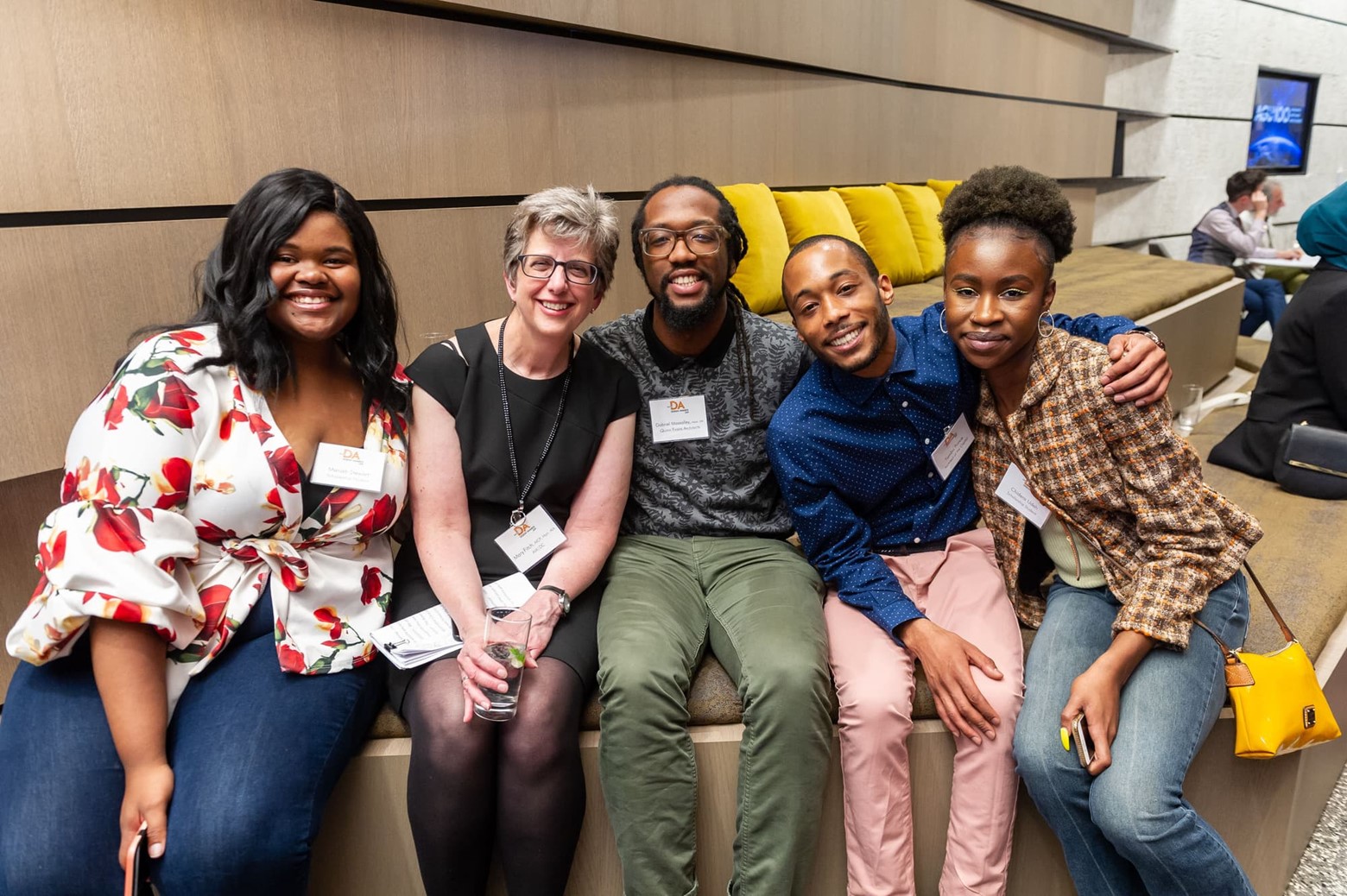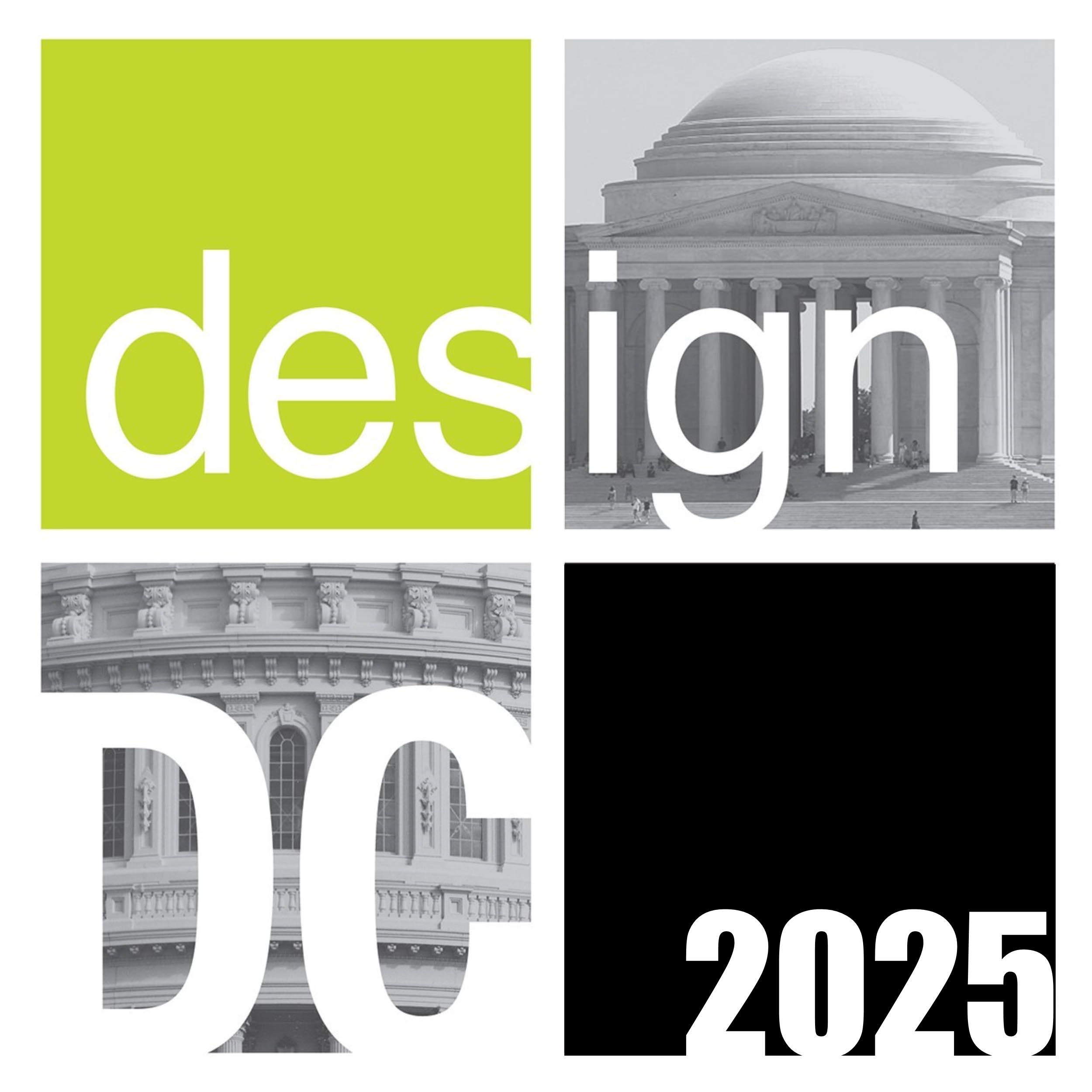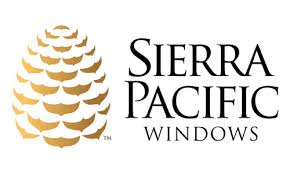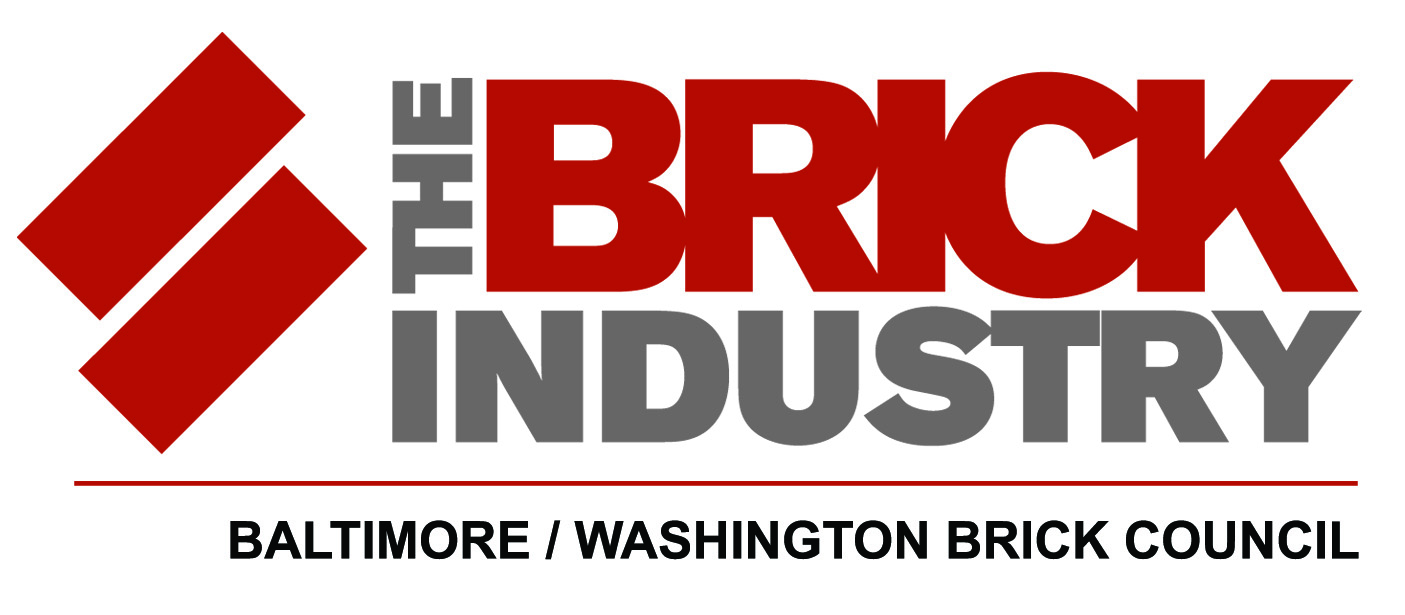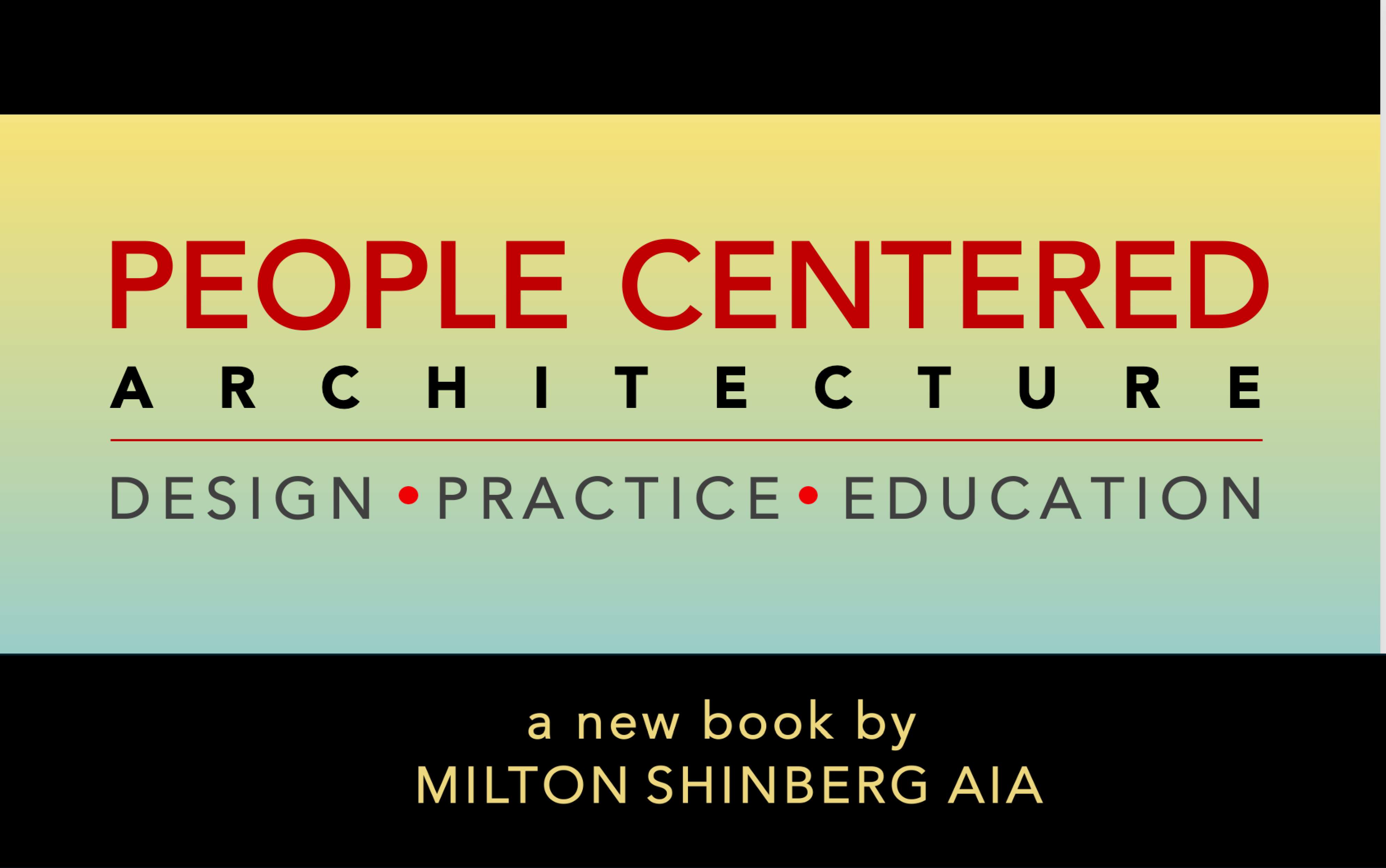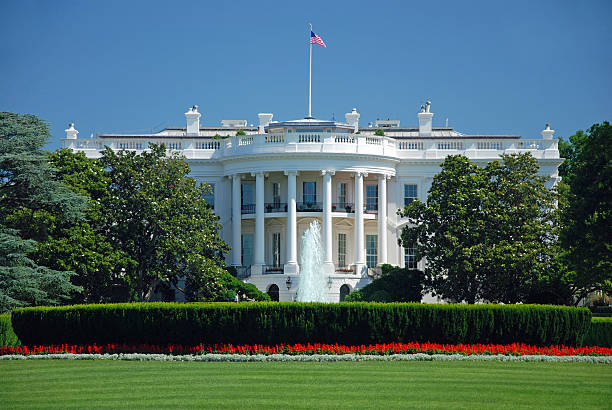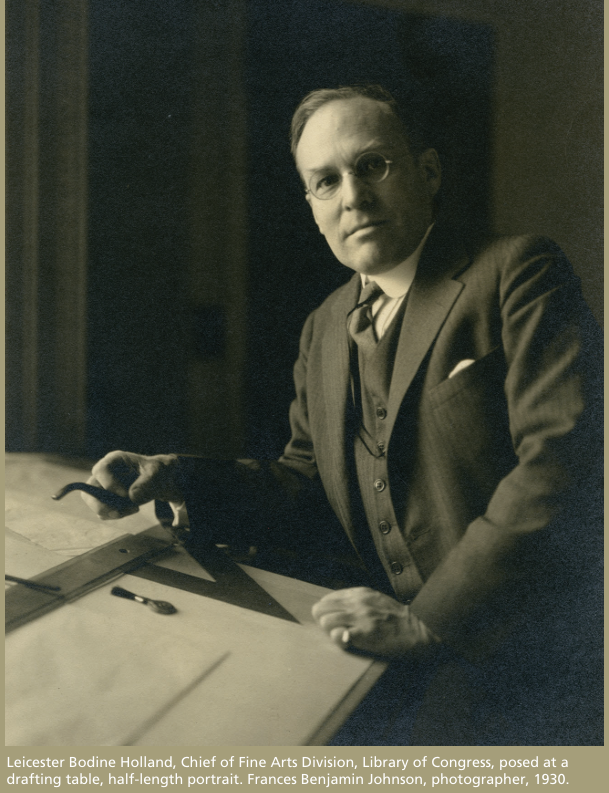-
Date
Tuesday, March 04 2025
-
Time
5:30pm - 7:30pm
-
Location
Please join the AIA I DC Fellows Public Programs Committee for our annual Winter Event. This year’s event will present the District of Columbia’s innovative and award-winning plan for Emergency Housing, a program that has become a national model.
In 2016, Mayor Muriel Bowser announced a plan to replace the existing D.C. General Shelter with eight smaller facilities located in each Ward of the city, supporting the transition of families to subsidized housing. The success of this plan allowed the mayor to close the outdated D.C. General Shelter in 2018.
This innovative plan, led by the District’s Department of Human Services (DHS) engaged some of the city’s most talented Architecture firms to create safe, dignified, and well-designed shelter for families experiencing homelessness. Each program provides a rich array of support connections, including housing search, mental health & employment services, and meaningful activities for children; all with the goal of helping families quickly transition to permanent housing and stability.
Presenters:
The panel discussion of this program includes the following speakers:
- Lisa Franklin Kelly, Program Director, DC Department of Human Services
- Ralph Cunningham FAIA, Principal, Cunningham Quill Architects, Architect of Ward 1, and Ward 7 Facilities
- Rachel Chung AIA, Principal, DLR Group, Architect of Ward 8 Facility
- John Burke AIA, Principal, Studio 27 Architects, Architect of Ward 6 Facility
- Megan Avery Bugbee, recent graduate of The University of Maryland School of Architecture, and author of an academic thesis on Emergency Family Housing
This annual program is intended to allow not only members of the College of Fellows, but all in our profession, industry, and community to come together, learn and foster relationships.
Agenda:
5:30-6:15 PM Fellows and Sponsors Reception
6:15 PM Welcome Remarks & Introduction
6:20-7:10 PM Program
7:10-7:25 PM Questions & Answers
7:30 PM Closing Remarks
Learning Objectives:
- Participants will learn the definitions of types of emergency shelters, including transitional facilities, in addition to subsidized housing.
- Attendees will learn how the design of emergency family housing can positively impact the physical and mental health of the occupants.
- Participants will learn how the design of transitional housing for families differs from adult-only and single-gender shelter housing.
- Attendees will understand how the model for decentralized emergency housing has been replicated in other locations, with discussion of the pros and cons of scaling.
Sponsor:

